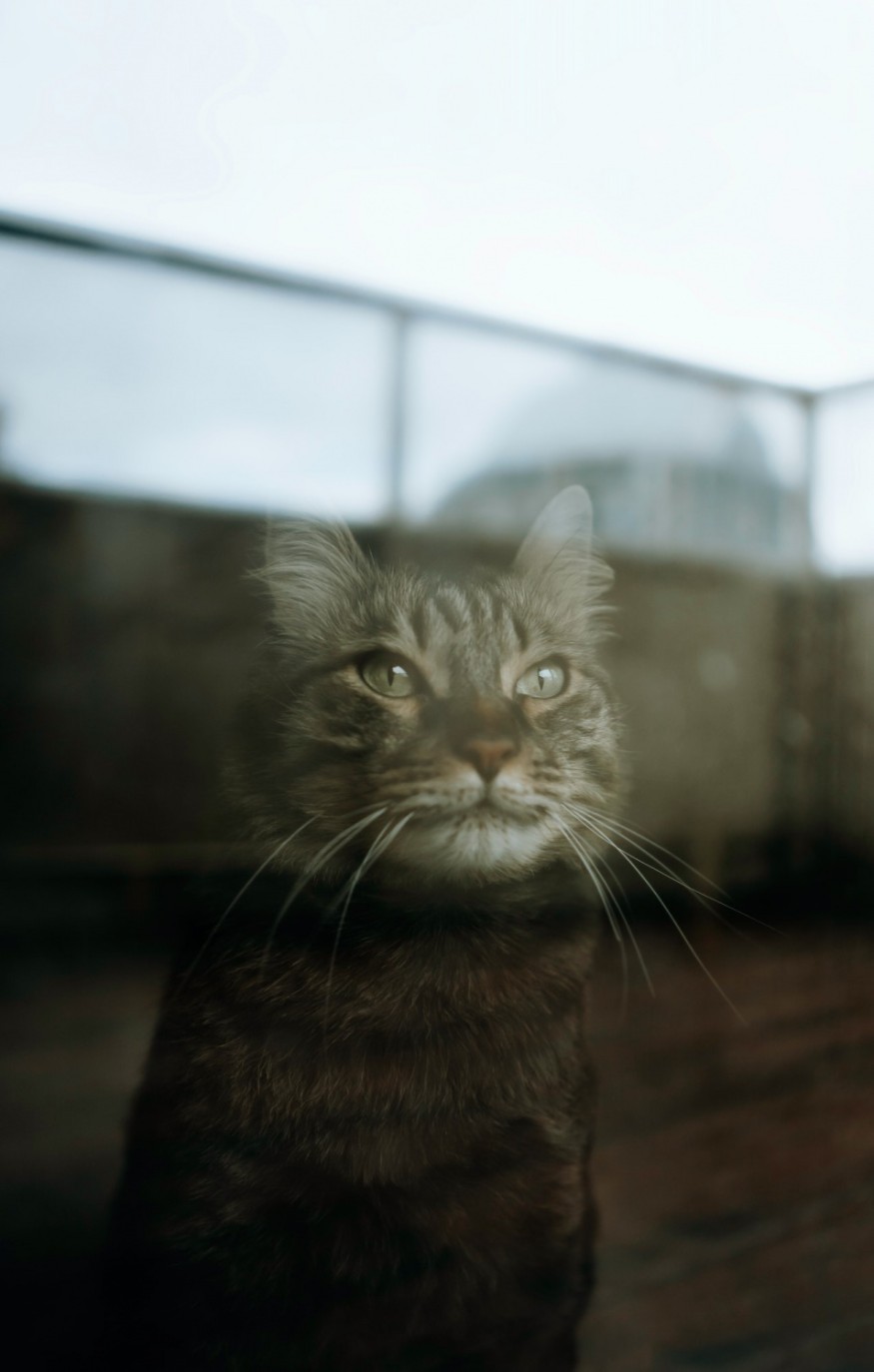Many cat owners have a problem with their feline friends hunting wildlife. According to scientists feeding cats, more meat-packed meals and having more objective playtime will significantly reduce your cat's prey drive.

Understanding Your Cat's Prey Drive
According to a new study published in the journal Current Biology, researchers from the University of Exeter, Southwestern England says that they have found diet and play to have a significant role in reducing a cat's play drive.
Typical methods of preventing cats from hunting usually spark conservation and welfare concern debates. Many fur-moms aren't thrilled about keeping their cats indoors or using special collars.
Researchers suggest that ensuring a cat's diet consists of commercial food products that have proteins from meat had a 36% reduction in prey drives brought home, and 10 minutes of daily play resulted in an astounding 25% reduction.
Robbie McDonald, a professor in ecology at the University of Exeter explains that the reason behind high predation in cats comes from their natural instincts to hunt, or from a need to supplement their diets.
Cats are carnivorous which means that their bodies require high doses of meat protein. If either of the two factors influences hunting behavior, beefing up the amount of meat in your cat's diet or mimic hunting behavior through play could fulfill the needs without causing collateral damage to wildlife.
McDonald adds, "While keeping cats indoors is the only sure-fire way to prevent hunting, some owners are worried about the welfare implications of restricting their cat's outdoor access. Our study shows that using entirely non-invasive, non-restrictive methods, owners can change what the cats themselves want to do."
ALSO READ : Ever Wonder Why Your Cat Takes Too Many Naps?
Studying Cat's Predation Urges
During the study, researchers asked owners to simulate hunting by allowing cats to chase, pounce, and stalk on a feather toy before giving a toy mouse after each 'hunt.'
Although scientists are definitively sure as to why meaty foods decrease hunting in cats, they theorize that, "Some cat foods contain protein from plant sources such as oy, and it is possible that despite forming a 'complete diet' these foods leave some cats deficient in one or more micronutrients--prompting them to hunt."
The study involved 355 cats from 219 southwestern England households over the course of 12 weeks.
Researchers analyzed the effectiveness of colorful bird-friendly collars in reducing hunting driven that resulted in a 42% decrease in the number of birds captured and brought home. On the other hand, the covers showed no significant effect on mammals hunted.
Cat bells also had no discernible overall effect according to researchers. On the other hand, the impact on individual cats varied widely which suggests that certain cats learn to hunt well even when wearing a bell.
The study shows that cat owners can make minimal changes to improve both the health and happiness of their cats that will surely make a difference for the conservation of wildlife.
RELATED STORY : How Human Breeding of Domesticated Cats Made Them Look in Pain
Check out more news and information on Animal Welfare on Science Times.











